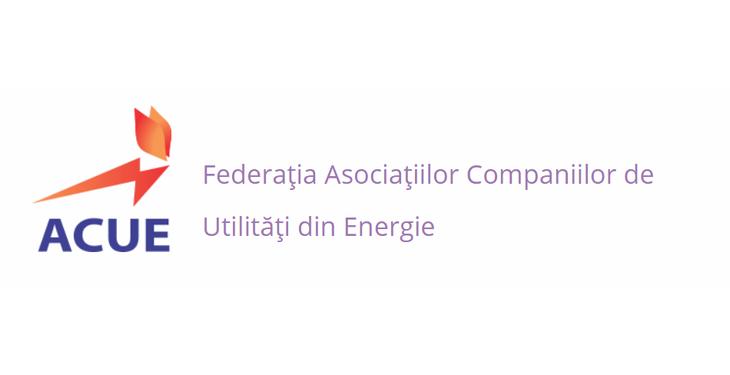The electricity and gas distribution networks need investments over EUR 10 billion in the long term in order to replace the old infrastructure, according to the estimation of the members of the Federation of Associations of Energy Utility Companies (ACUE). It is necessary to continue the investments in reducing technological losses, reducing the operational costs (OPEX) and further improving the quality indicators so that the networks performance can reach Western European level, to the benefit of the electricity consumers, according to ACUE.
The total value of the investments realized by ACUE’s members in the last 10 years (2008-2017), for the extension, rehabilitation and modernization of the electricity distribution networks is about EUR 3 billion. In the gas distribution network, over EUR 1 billion of investments were dedicated to the modernization and extension of the network.
There is a strong correlation between the realized investments and the performance of the networks, according to a recent study of an international consultant.
The increased efficiency due to investment is also reflected in the evolution of the technological consumption (CPT) of the network, which has diminished in the recent years. According to the latest data published by ANRE, in 2016, the losses in the electricity distribution network were on average 11%, compared to the level of 12.5% – the national average registered in 2007.
Also, the operational costs of the network operators are highly efficient, being around 72% below the average of Central and Eastern Europe (CEE), according to the consultant’s analysis.
Compared to the other EU countries, the final electricity price for households in Romania was among the lowest in the first semester of 2017, being about 13% below CEE average and 48% below the Western Europe average. For industrial consumers, the price was on CEE average and 26% below Western Europe’s average.
The final electricity prices increased in line with inflation rate
The analysis shows that the final electricity prices for households and industrial consumers increased by a third between 2008 and 2016, close to the cumulated inflation for this period (36%).
The network tariffs for households decreased by 18% in 2017 compared to 2014 and by 34% for industrial customers compared to 2015.
The yield per km of network for the distribution companies in Romania is among the lowest in Central and Eastern Europe; this is due to the fact that Romania has one of the lowest consumption densities in Europe; a higher consumption density typically allows for lower tariffs per customer due to increased specific use of the network.
Gas prices for households were also significantly lower, as at the middle of last year, compared to other European countries: about 21% below the average for Central and Eastern Europe (CEE) and 49% less than Western Europe. For non-household consumers, gas prices were similar to CEE average and 8% lower than Western Europe, the study mentioned.
Final prices for households are among the lowest in Europe, but household income is also among the lowest of all EU member countries (with 62% below the European average in 2016), energy costs corrected with purchasing power being 8% above the European average for electricity and 7% below the European average for natural gas.
Therefore, adequate measures to cope with energy poverty, i.e. the development and introduction of measures to protect vulnerable customers, are mandatory and long-time overdue.
The continuation of sustained investments in the modernization of electricity and gas distribution networks is the most important challenge faced by the state authorities and the energy companies in the future, and there is an urgent requirement to harmonize the need for electricity and gas prices affordability and for security of energy supply. ACUE considers that it is essential to have a regulatory framework that further stimulates investments and innovation in the electricity and gas distribution.
The ACUE Federation continues to express its willingness to cooperate in order to identify the optimal solutions to ensure energy security and the competitiveness of the Romanian economy, as well as to actively participate in the debates organized by the authorities on the future regulatory framework.
